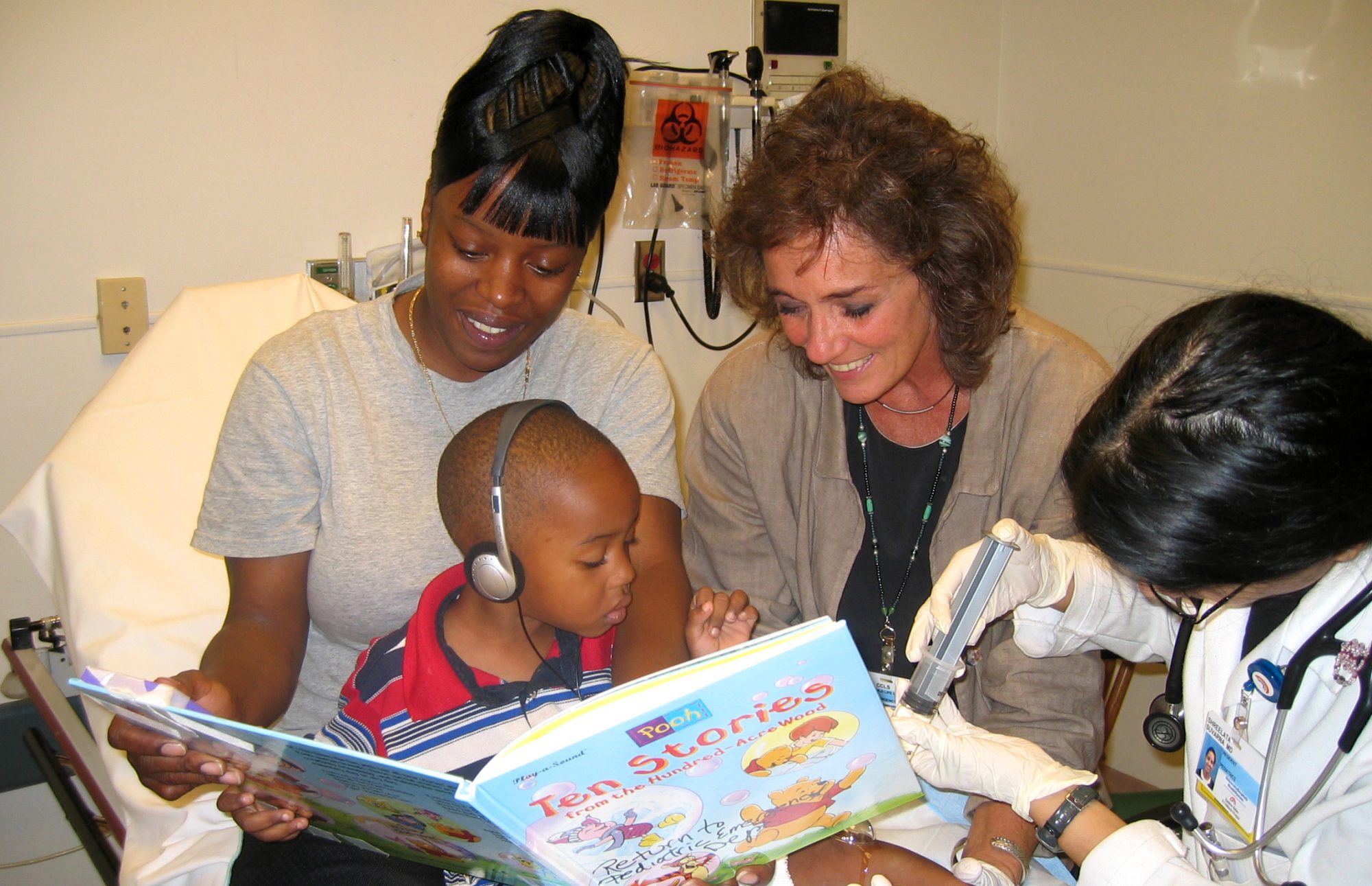Welcome to the Massachusetts/ New England PECC Network-
we are thrilled to have you on board!
We appreciate that there is significant variability in the meaning of a “pediatric ready” ED. Some departments have more time and resources to enhance pediatric readiness than others. Our hope is that, as a PECC, you will focus at least 4 hours/month on improving pediatric care in your department. This will look different for each individual PECC as you focus on initiatives that are important to you and your ED.
There are many ways to enhance pediatric emergency care as a PECC. We hope that as you continue to advocate for improving care for children and families, you will find this role to be increasingly rewarding… and fun!
Here are our suggestions for getting started:
- Explore possible responsibilities for yourself as a PECC for your department, by viewing the document Pediatric Emergency Care Coordinator Role. We recommend picking at least one of the potential responsibilities as you start the PECC role (example: create or improve in hospital pediatric disaster preparedness, or review, and if needed improve equipment, supplies and medications related to pediatric care). For those that are already in the PECC role, consider adding a new responsibility from the list!
- Share pediatric training and educational resources with your ED. Here are a few easy ways to begin to do this:
- There are excellent, short video clips with simple tips to enhance pediatric emergency care available here. These can be freely shared with your staff.
- Please review the brief emails you will receive monthly from Dr. Ashley Foster or Dr. Joyce Li. These generally contain simple resources or pearls that should be easy and straightforward to implement in your ED, as well as activities and opportunities specific to New England.
- Review additional helpful resources on the MassPediatricToolkit.com website, including:
- List of pediatric focused equipment and supplies recommended by the National Pediatric Readiness Project
- Guidelines established by the National Pediatric Readiness Project for improving pediatric safety
- Clinical guidelines for pediatric-specific illness (examples include: febrile seizure, croup)
If you have any questions about a topic pertaining to pediatric emergency care in your department, please reach out to Dr. Lauren Rice at Lauren.Rice@tuftsmedicine.org (for the Massachusetts PECC network) or Dr. Joyce Li at joyce.li@childrens.harvard.edu (for the New England PECC network). We look forward to working with you to enhance pediatric emergency care across the New England region!
